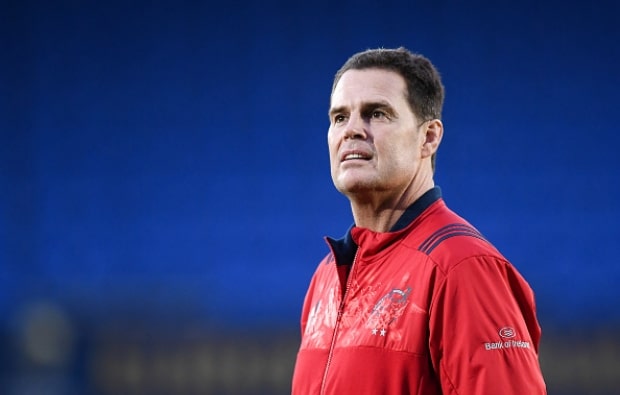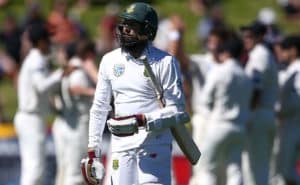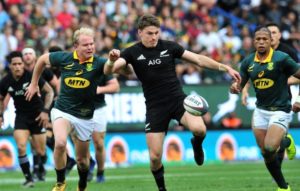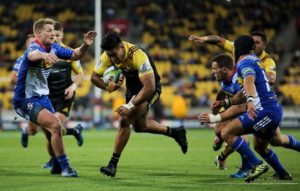The Springboks need to clarify the long-term roles, responsibilities and make-up of their management team, writes CRAIG LEWIS.
In the lead-up to last Saturday’s Test in Bloemfontein, the Bok coaching staff spoke regularly about the fact that a largely inexperienced team would only get better the more they spent time together.
Yet one has to wonder how this relatively new-look side can best be equipped to perform at their peak in an environment where there have been such regular changes in coaches and approaches, and with potentially more to come.
Last year, the Boks had a revolving door when it came to the defensive coach role, with Jacques Nienaber, Chean Roux and JP Ferreira all coming and going. On attack, Mzwandile Stick was expedited to this position and then unceremoniously jettisoned, with Franco Smith having since come in to take care of the backline.
At the end of last year there were also clear indications that Allister Coetzee’s future in the job was in jeopardy, but SA Rugby graciously afforded him a second chance, despite a 2016 horror season that yielded only four wins from 12 Tests.
This season’s results have been better (P:8, W:5, L:1, D:2), but questions have persisted about just how good these Boks really are after they crashed to a 57-0 loss against the All Blacks in Albany.
ALSO READ: Coetzee’s Boks doomed to chase shadows
One way or another, though, help is on its way. Rassie Erasmus is set to take up his role as director of rugby in the coming months, but there has been very little said publicly about what his exact role will entail.
This year, the Boks have preached of progress and a long-term plan taking shape, and the last thing needed is some sort of power struggle when the former Munster director of rugby returns to South Africa.
It’s believed that Erasmus will meet with the rugby department staff, including all the national team coaches, to discuss roles and responsibilities. Yet at that stage Coetzee will be nearly two years into his tenure as head coach, and it would only be counterproductive to blur the lines over what his on-field role is.
Part of Erasmus’ job is expected to involve evaluating team selections and the management, and so the working relationship and dynamic between him and Coetzee is set to be very interesting.
At the moment, though, the South African rugby public – and other key stakeholders – appear to be in the dark exactly how the balance of power will be handled.
There are now also question marks over the future of Bok assistant coach Johann van Graan, who has been strongly linked with a move to Munster – ironically as Erasmus’ successor.
However, Coetzee bristled when asked about the reports over Van Graan following Saturday’s Test, and insisted he hadn’t signed anything yet, while Erasmus has said he is someone he’d like to work with at the Boks. In the end, it’s all a bit messy.
Similarly, Brendan Venter has stated that he will continue to help out at the Boks as long as he is needed, but there hasn’t been any real clarity exactly how matters will be managed, considering that he is still contracted to Italy until the 2019 World Cup.
The fact of the matter is that while changes and mixed messages continue to closely accompany proceedings in South African rugby both on and off the field, the settled All Blacks simply move further and further ahead.
Ultimately, SA Rugby desperately needs to clarify the status quo of the Bok management team in the near future, and ensure that Erasmus’ return serves to continue steering the Springboks in a direction that might finally bring the All Blacks back into sight.
Photo: Stephen McCarthy/Getty Images





